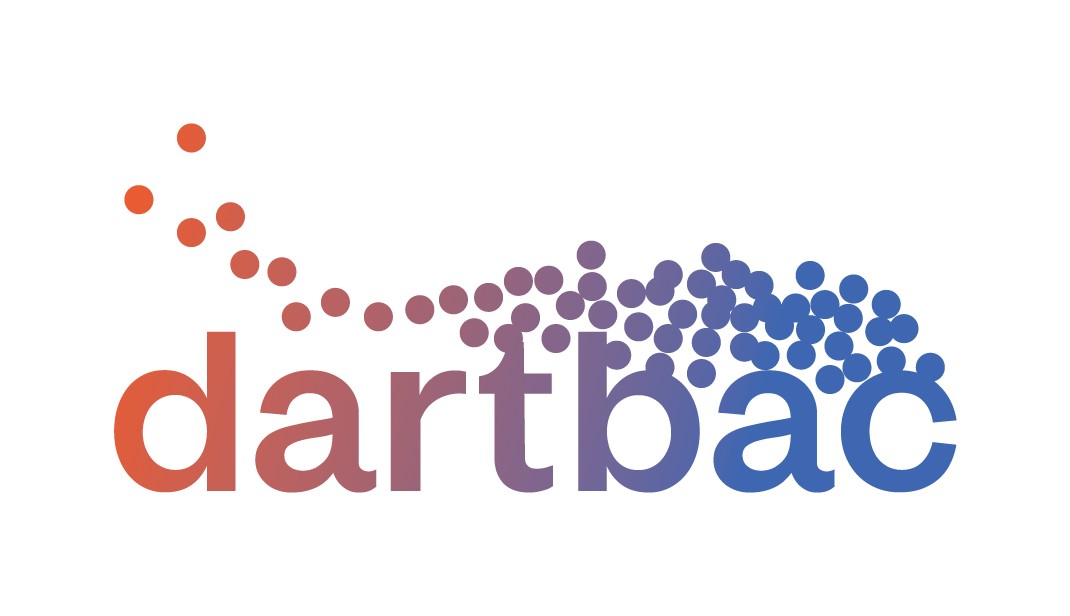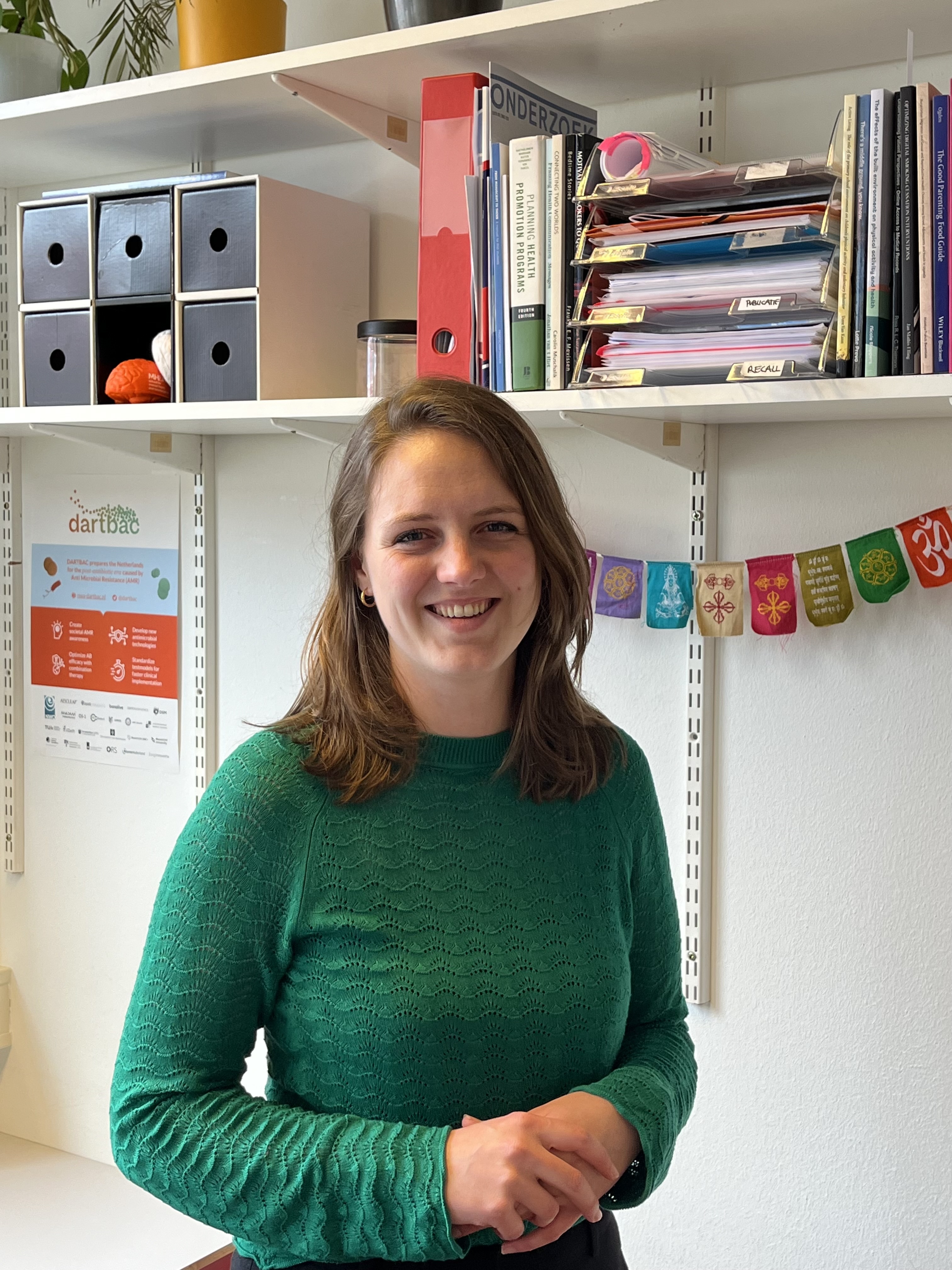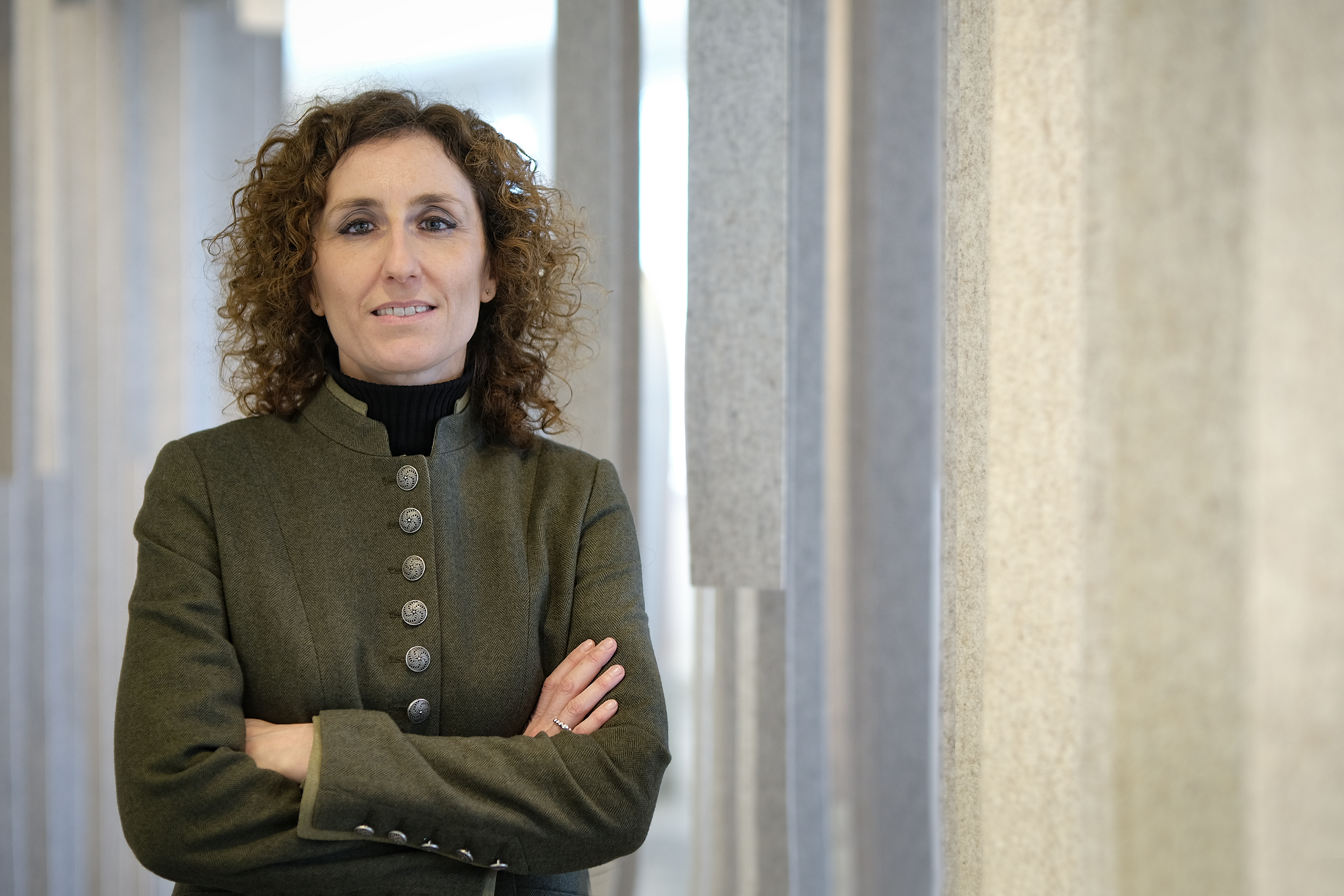Consortium receives €11 million grant in the fight against antibiotic resistance
An international interdisciplinary consortium led by MUMC+/CAPHRI researcher dr. Chris Arts will spend the next 6 years researching new technological solutions to the explosively growing problem of antimicrobial resistance (AMR). The research focuses on social awareness of AMR and on the development of alternatives to traditional antibiotics, through the use of new material technology.
As part of the National Science Agenda, NWO is providing a grant of 9.8 million euros to the DARTBAC project: Dutch Antimicrobial Resistance Technology development and Biofilm Assessment Consortium. The industry partners of the DARTBAC consortium contribute an additional 1.3 million euros to the budget.
Antimicrobial resistance (AMR), in which bacteria are increasingly resistant to antibiotics, is an explosively growing problem worldwide. AMR increases the risk of life-threatening infections after surgery, resulting in poorer treatment outcomes and an increase in healthcare costs. "If almost everyone keeps underestimating this problem, then in 2050, 10 million people worldwide will die every year from the effects of AMR", says Dr. Chris Arts, "and these are still conservative estimates. In the last 20 years, no new antibiotics have been introduced on the market. That is why it is so important that we start researching alternative technologies to reduce the use of antibiotics."
Material
Innovations in the field of biomedical materials play a key role in this, according to Arts. "Bacteria are experts in biological warfare. They fight continuously with other species and against our body's own cells. It is therefore not surprising that bacteria become resistant to the antibiotics we expose them to. However, if we can modify the immediate environment or the surface of our implants in such a way bacteria are no longer comfortable, we can prevent infections, while we do not have to be afraid of increasing the development of AMR." To better understand how bacteria, grow on a surface, advanced imaging techniques are used. The M4i Institute of Maastricht University plays an important role in this. Dr Berta Cillero Pastor explains: "Bacteria often form a slimy layer, a biofilm, when they grow on a surface. This layer protects the bacteria from antibiotics and the immune system and makes treatment of the infection very difficult. The composition of this biofilm changes as a bacterial colony grows. By peeling away the biofilm layer by layer with our equipment, we can measure its exact composition. This gives us important information that allows us to work more specifically on materials that can prevent the formation of biofilms."
Awareness
Within the project, attention is not only focused on new technology, but also on social awareness around AMR. According to Dr. Gert-Jan de Bruijn of the University of Amsterdam, an important aspect: "The main problem around AMR is that its severity and impact are underestimated, both by doctors and by society. This creates a situation of false security. We want to understand where this is coming from and learn from it, so that future awareness campaigns will be more effective." According to Arts, collaborating with researchers from other disciplines is one of the unique strengths of the National Science Agenda: "The National Science Agenda is intended to address questions and problems that live in society". By involving social sciences, communication sciences, materials sciences, medical sciences as well as medical specialist organizations, the RIVM, communication experts, health funds and industrial partners straight from the start of the project, we create the opportunity to raise awareness around AMR and to develop and clinically apply possible material technical solutions more quickly."
Consortium
To give the project as much chance of success as possible, it was necessary to form an interdisciplinary consortium. No less than 9 universities and the RIVM work together with 10 companies, 3 of which are from abroad. In addition, AMR-Insights (online information platform), the ReumaNederland health fund, the Knowledge Institute of the Federation Medical Specialists and the Dutch Orthopedic Association are available for communication and dissemination of the results to society, insurance companies, policy advisors, and healthcare practitioners to make the social impact as large as possible. The unique knowledge available to the partners means that the project has an excellent starting position to test a number of technologies in clinical practice during the duration of the project.
Learn more
The NWA-ORC call is part of the NWA program that NWO is carrying out on behalf of the Ministry of Education, Culture and Science. The NWO programme for the National Science Agenda currently has four main objectives, which together implement the goals and ambitions.
DARTBAC is part of Research on Routes by Consortia (ORC). This stimulates liberal research through open calls for multi-year research of broad, inter- and transdisciplinary consortia with a (social) goal, on scientific and/or socially relevant topics with a clear added value for a broad, national approach.
Dr. Chris Arts is associate professor of translational biomaterials within the Department of Orthopedics of Maastricht UMC+/CAPHRI and the Department of Orthopedic Biomechanics within Eindhoven University of Technology (TU/e).
Projectwebsite: https://nwa-dartbac.nl/
Consortium
Academic partners: Maastricht University, Maastricht UMC+, Amsterdam UMC, Leiden UMC, the National Institute for Public Health and the Environment, Delft University of Technology, Eindhoven University of Technology, UMC Groningen, UMC Utrecht and the University of Amsterdam.
Industry partners: B. Braun Aesculap (Germany), BiosparQ (Netherlands), Bonalive (Finland), CAM Bioceramics (Netherlands), DSM (Netherlands), MadamTherapeutics (Netherlands), OS-1 (Netherlands), PCI Biotech (Norway) and Healthcare Innovations Netherlands (Netherlands).
Other partners: AMR-Insights, Federation Medical Specialists Knowledge Institute, Dutch Orthopaedic Association and ReumaNederland.
Also read
-
In the upcoming months, the Faculty of Health, Medicine and Life Sciences will share tips on Instagram on how to live a healthier life. Not just a random collection, but tips based on actual research happening at our faculty. The brains behind this idea are Lieve Vonken and Gido Metz, PhD candidates...
-
Berta Cillero Pastor is an Associate Professor and group leader at the MERLN Institute for Technology-Inspired Regenerative Medicine. Her research is centred around mass spectrometry (imaging) to gain insights into molecules in cells and tissues for biomedical research. With this technique, changes...
-
Scientists at the biomedical MERLN Institute of Maastricht University and the Maastricht University Medical Center have succeeded in growing an embryo structure of human identical twins purely from stem cells, without using an egg or sperm cell. Thanks to this culture, scientists are now seeing for...



